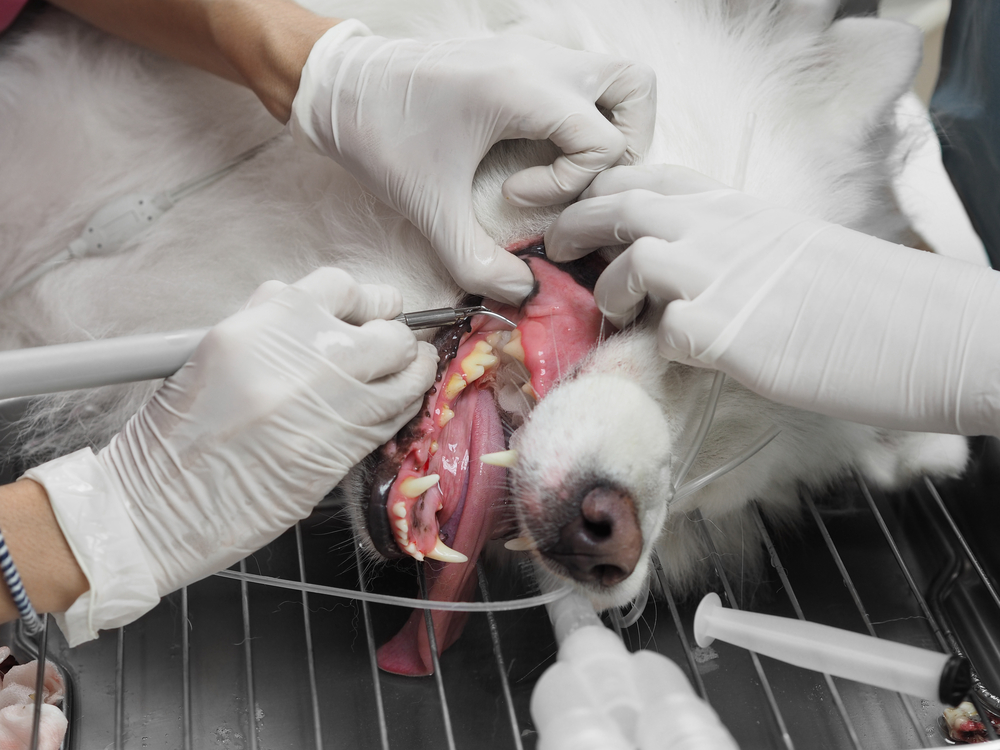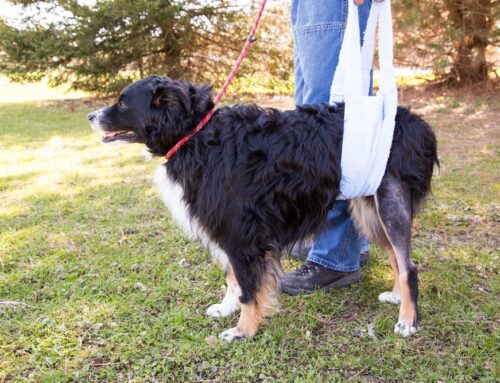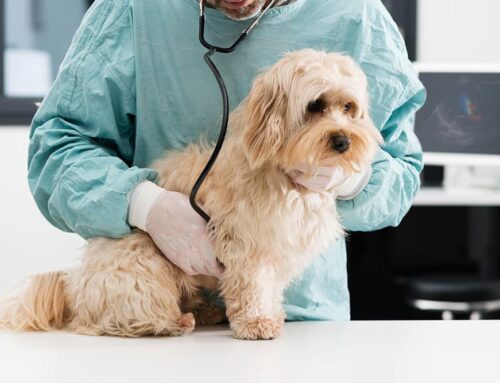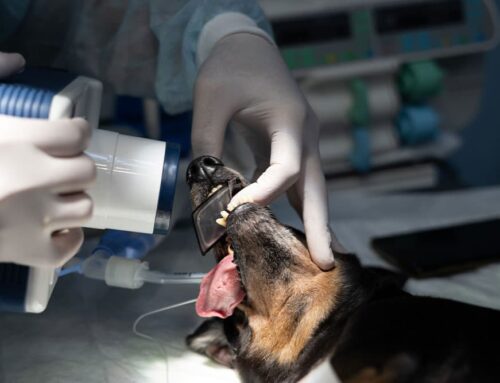You’ve likely suffered through the pain of a toothache until that cavity was filled or a root canal performed, so you know that dental pain can be excruciating. Your unfortunate pet may have similar dental disease, but they are much less likely to complain about the discomfort. Dental disease is one of the most common conditions in all pets older than 3, but because pets are incredible at hiding pain and illness signs, they can go undiagnosed for some time, suffering needless discomfort and infection. We outline the best ways to ensure your pet doesn’t suffer from periodontal problems, so you can brush up on your four-legged friend’s dental health.
#1: Check your pet’s teeth and mouth regularly for dental disease signs
The first step in tackling your pet’s tartar is understanding the culprit behind dental disease. When your pet eats, food particles mix with saliva and oral bacteria to create a gummy substance known as plaque. In a day or two, plaque hardens into cement-like tartar, which is impossible to remove through toothbrushing alone. Oral bacteria, plaque, and tartar are responsible for periodontal problems, and can cause visible dental disease signs, such as:
- Red, inflamed, or bleeding gums
- Tooth discoloration
- Worn, cracked, loose, or missing teeth
- Gum recession
- Pawing at one side of the mouth
- Dropping food while eating
- Avoiding hard food, treats, and chews
When you check your pet’s mouth for dental disease, you may notice a line of red, irritated gingival tissue around the gumline, and brown, yellow, or gray tartar accumulation on the teeth. Gingivitis and tartar buildup are the first dental disease signs that mean your pet needs a professional dental cleaning to remove every trace of plaque and tartar, above and below the gumline. Make a point of thoroughly checking your pet’s mouth at least twice a week for any dental disease signs.
#2: Establish an at-home dental care plan for your pet
A dentist visit once or twice a year is no good if you don’t do anything at home to prevent plaque and tartar accumulation on your own teeth, much less your pet’s. While our South Shores Pet Clinic team loves the reward of removing large tartar chunks from a pet’s teeth and leaving them with a healthy smile, we love it more when they show us a pearly white grin each year at their annual wellness visit.
Keep your pet’s mouth healthy with a well-rounded at-home dental care plan that includes:
- Twice-daily toothbrushing
- Dental chews and treats
- Prescription diets
- Dental wipes
- Food and water additives
When choosing the most effective dental products for your pet, search for the Veterinary Oral Health Council (VOHC) seal of approval. The VOHC awards their seal only to products shown to slow the accumulation of plaque and tartar—something that not all so-called dental health products can do.
#3: Avoid dangerous chews and treats that can harm your pet’s teeth
Although your pet’s teeth seem indestructible—especially when they’re chewing on your furniture—they can be fragile. Dogs routinely fracture their carnassial teeth (i.e., the large upper fourth premolars) when they chew on rock-solid items, such as antlers, bones, hooves, rocks, sticks, and metal.
#4: Take advantage of National Pet Dental Health Month specials

To help promote the importance of dental health to your pet’s overall health and well-being, our clinic is offering dental-care specials during National Pet Dental Health Month in February. We are offering special packages on your pet’s comprehensive oral health assessment and dental cleaning, covering anesthesia, oral exams, scaling and polishing, and prescription fluoride treatments. Contact us to learn more about what a dental cleaning entails for your pet.
Although February is National Pet Dental Health Month, South Shores Pet Clinic celebrates cat and dog oral health all year long. Because dental health is one of the most important aspects of your pet’s overall well-being, we want to ensure they have clean teeth, fresh breath, and a healthy mouth through routine dental cleanings and at-home care. Contact our team to schedule an oral exam or dental cleaning during February to receive a special discount for focusing on your pet’s oral health care.







Leave A Comment